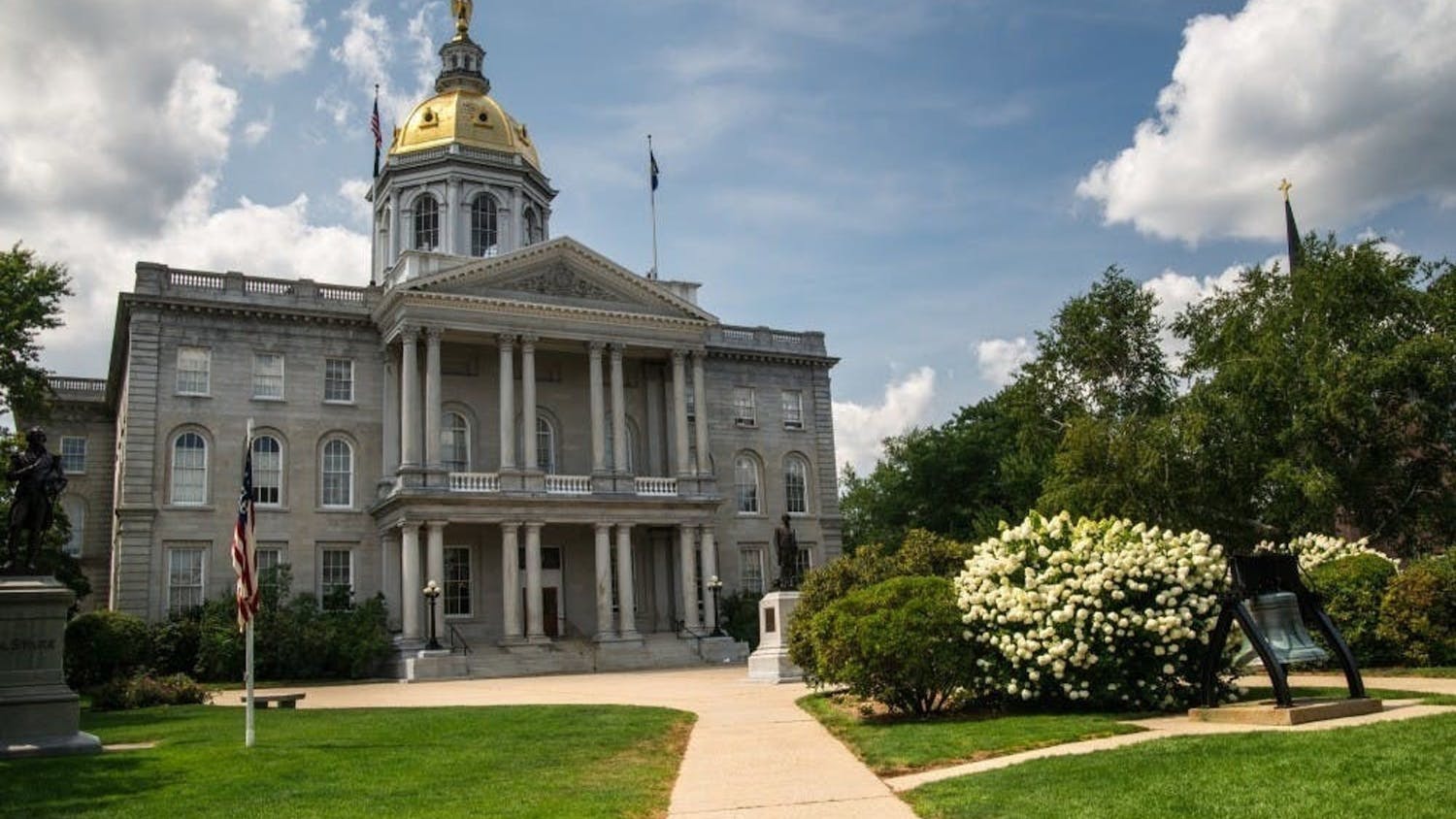As of early this morning the Dartmouth-only Direct Connect network, which had been facilitating on campus peer-to-peer file sharing since November, went offline on orders from the College.
On Wednesday, Joseph Morales '03 -- who operates the network hub from his own computer and Dartmouth Internet protocol address -- received a cease and desist order from Network Services, informing him that he had to shut down the network by Saturday. Consequently, Morales announced via the Direct Connect chat room and a limited number of blitzes that he would be shutting down the hub.
On Wednesday, "I got a letter in my Hinman Box and an email telling me that I was violating College policy and the Digital Millennium Copyright Act," Morales said.
The letter contained as evidence of his copyright infringement a link to The Dartmouth article, "Morales '03 creates 'Napster 2'" (November 25, 2002).
Network services has long used external firewalls to prevent illegal peer-to-peer sharing through programs such as Napster or Morpheus. However, because Direct Connect was operating on internal bandwidth it was not affected by those firewalls, nor was it easily detectable by Network Services.
"We don't do a lot of proactive research when it comes to finding illegally shared material, because it's just too difficult. We really only take action when it comes to our attention," Computing Services Director Bill Brawley said. "We're not sitting behind a console looking. We have to be alerted to it."
Most commonly, according to Brawley, those alerts come from the industries that own the copyrights to the illegally shared material. However, in this case, Brawley acknowledged, that was not the case.
When Direct Connect was first getting started Brawley commented that he had not seen any particularly unusual increase in the congestion on the internal bandwidth, and even this week Brawley said that he had seen nothing out of the norm, even though Direct Connect saw a record 380 users at one point this week sharing over 3 terabytes of information.
Peer-to-peer networks by nature are not illegal. However, under the DMCA the sharing of copyrighted materials is explicitly illegal. While the existence of a peer-to-peer network does not necessarily imply copyright violations, it does increase the ease with which copyrighted files can be shared illegally.
"With peer-to-peer sharing there is a high likelihood of infringing activity," Brawley said. "That's not to say that some perfectly legitimate things are going on."
However, Morales defends the network, claiming that it just makes intra-campus file sharing, which is already possible, easier.
"You can already share files on the Dartmouth network," Morales said. "[Students] already have Appleshare and Network Neighborhood. Direct Connect simply adds a search function."
Brawley pointed out that there is a review process built into the protocol in the DMCA, though he said that he hasn't been through it. Morales said he plans to send a letter to Network Services after he shuts down the Direct Connect hub asking for a meeting to discuss his possible appeal.
As the network neared it's death last night chat in the Direct Connect chat room focused on concerns about how to satisfy future file-sharing needs for students. There was even talk that another student might set up a new hub once Morales shut down his.
"If I don't know about it," Brawley said, "then there's nothing I can do."



